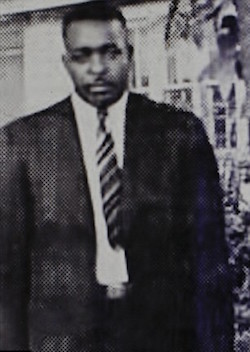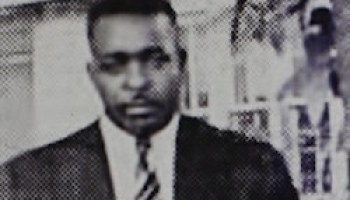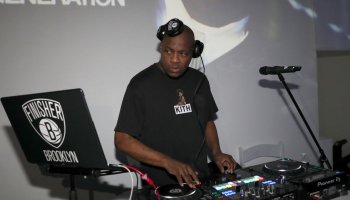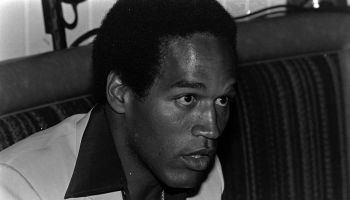
The names of James Chaney and Medgar Evers are well-known in civil rights lore as both men were killed while fighting for voter equality in the South. Elbert Williams does not enjoy the name recognition of the aforementioned but he too was murdered for the same reasons, and his murder case from 1940 was recently reopened.
Williams was born on October 15, 1908 in Haywood County, a rural area of Tennessee. He worked as a laundromat attendant in his hometown of Brownsville, later joining the NAACP along with his wife, establishing the first local chapter there.
In May 1940, a small group in Brownsville attempted to register to vote and were unceremoniously turned away. This set off a series of retaliatory actions by white mobs, including the kidnapping and torture of one man in June 1940 who was forced to give up the names of the town’s NAACP members and then told to flee town. Just days after the man was tortured, two members of the mob, both police officers, and another man entered Williams’ home on June 20, 1940.
That night would be the last time the family would hear from Williams. Three days later, his bruised and swollen body was pulled from the Hatchie River. Despite Williams’ wife, Annie, identifying her husband’s body and noting two bullet holes in his chest, the cause of death was listed as unknown and the county essentially silenced the matter. NAACP Special Counsel Thurgood Marshall traveled to Brownsville himself, putting pressure on local authorities and the DOJ to investigate the murder.
Despite Marshall’s best efforts, he and the NAACP were unable to get the case reopened after the DOJ reversed a decision to bring the case before a grand jury by the United States Attorney in Memphis. In 2014, The Elbert Williams Memorial Committee was formed and on June 20, 2015, the 75th anniversary of Williams’ death, a historical marker in Brownsville was dedicated to the activist.
Jim Emison, a retired attorney, has been researching the Williams case. Coupled with the signing of the Cold Case Civil Rights bill from earlier this year and Emison’s tireless efforts, District Attorney Garry G. Brown has decided to reopen the matter. While the men connected to Williams’ death are assumed to be dead, the family is still seeking justice and closure.
Like BlackAmericaWeb.com on Facebook. Follow us on Twitter and Instagram
Share your email below to receive our daily newsletter!
Little Known Black History Fact: Elbert Williams was originally published on blackamericaweb.com

















